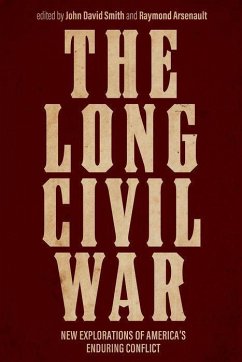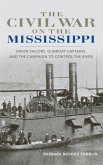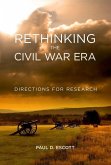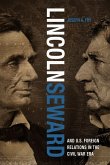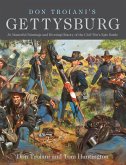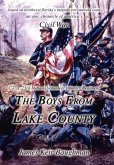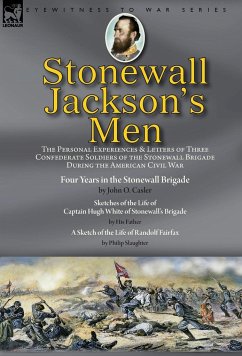"In 1873, four years before what historians consider the official end of Reconstruction, Mark Twain wrote that the Civil War era already had become a historical perennial. "History," Twain wrote, "is never done with inquiring of these years, and summoning witnesses about them and trying to understand their significance." The nine years between South Carolina's secession in 1860 and the election of Ulysses S. Grant as president in 1868 signified a watershed in American history. Twain recalled that the war "uprooted institutions that were century's old, changed the politics of a people, transformed the social life of half the country, and wrought so profoundly upon the entire national character that the influence cannot be measured short of two or three generations." In fact, long after the passing of these generations the Civil War continues to grasp the national psyche with an almost religious intensity. One historian explains correctly that it took almost nine decades to eradicate slavery, and its horrible legacies endure, painfully alive today. The "Long Civil War" remains, according to another scholar, "an unfinished process," "The Undead War." Contemporary historians and literary scholars continually expand the geographic, temporal, and thematic dimensions of the Civil War era, what an earlier generation of scholars termed the "Middle Period" of American History. No longer do they limit the Civil War's meaning and range of impact to the antebellum decades, or from 1861 to 1865, or define the so-called Reconstruction period as covering the dozen years from 1865 to 1877. Rather, today's scholars increasingly show of lengthening chronological boundaries that range backward and forward across time. In The Long Civil War, editors John David Smith and Raymond Arsenault bring together eleven essays that contribute to and build upon this emerging and expanding new scholarship. With a collection of leading voices, the essays examine race, reform, the Civil War home front, disabled veterans, suicide, military modernization, World War I, historical memory, Dwight D. Eisenhower, and Walt Disney's films. Expanding the contours of the Civil War's reach, the collected scholars seek to add new frameworks for assessing continuity and change and identifying similarities and differences between regions, peoples, and ideas. Together, they chart the variety of uses of the Civil War in contemporary culture while broadening the meaning of American's bloodiest war"--
Hinweis: Dieser Artikel kann nur an eine deutsche Lieferadresse ausgeliefert werden.
Hinweis: Dieser Artikel kann nur an eine deutsche Lieferadresse ausgeliefert werden.

